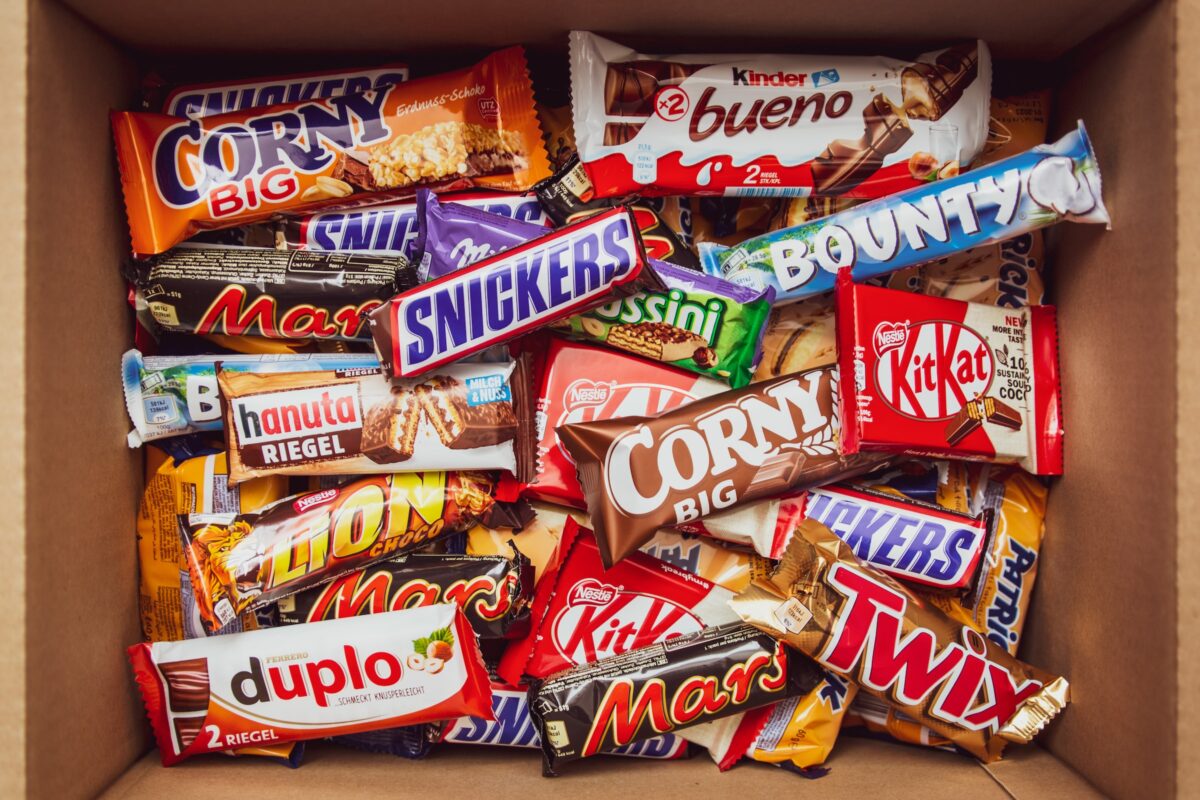Jumping into the crypto pool, Mercedes hit all the right notes. The waters are mainly untested at Bentley and Lotus. What is going on with Porsche?
Chevrolet hoped to profit from the cryptocurrency boom in June, when a non-fungible token created with Steve Aoki and sold for $1.6 million along with the final Lamborghini Aventador LP 780-4 Ultimae Coupé ever produced. It thereby provided a unique NFT with a vehicle motif.
Chevy matched a digital image of a Corvette Z06 in a metropolis a la Blade Runner with a genuine 2023 ‘Vette that had been specially painted to fit the artwork. Even after the sale was delayed by a day, the acid-green duet from the Detroit automaker did not attract even one bid.
Corvette spokesperson Trevor Thompkins describes the project as “very educational.”
Thompkins predicts that Chevy will eventually return to digital assets. The fiasco serves as a striking illustration of the NFT market’s extreme volatility for the time being. According to information from Cryptoslam, on July 14, the typical sale price for an Ethereum NFT had fallen to $391, an 84% decline from the average of $2,436 in May. According to Dune, sales volumes on OpenSea, the largest NFT marketplace in the world, have decreased by 75% since May.
Even so, the ride is not ended when the brakes are pumped. If you search for any automaker together with the term “NFT,” you’ll uncover a sea of artwork. Projects have been announced by companies like Porsche, Bentley, Rolls-Royce, BMW, Hyundai, Lotus, and Nissan, among others.
The decline in pricing may raise questions about the long-term value of NFTs at businesses based on tangible assets in the real world, but the desire to make money, whether through cryptocurrency or not, isn’t going away. Chevy’s neon-bright cautionary story demonstrates that automakers will need to do much more than simply commission a handful of hastily created images and hope for the best. As the business lead for NFT.Storage and head of NFTs at Protocol Labs, a company that creates Internet technologies, Jonathan Victor explains, “it just requires thinking about what are the right ways that you can engage with your user base.”
We are undeniably in a crypto winter, says Alex Micol, who founded the online-ad developer Scalers Agency and the NFT-based community Divergents Key in 2021. It’s on any creator to think, what’s next?
According to analysts, clever brands will exploit NFTs to create a fan and collector base. A specific NFT’s acquisition must feel significant.
Car companies should focus on the value the user gets with their NFTs, not just a collectible, Micol says. Don’t just give away a car to the highest bidder. Provide real value, like an invitation to an exclusive event or Formula One tickets. It should provide access to a community.
Small mementos NFTs that are distributed at athletic events are effective at doing this. They are known as Proof of Attendance Protocols, or POAPs, and someone can use them to brag that they have, for example, attended every Dallas Mavericks game. Limited production runs and commodity (including automobile) authenticators also apply. To protect such expensive things as bags and watches, fashion businesses are already deploying NFTs like watermarks. Additionally, having access to VIP benefits, exclusive events, and other exclusive content through NFT ownership generates a feeling of community.
It’s really figuring out how do I—as a brand who knows what my consumers like—create the experience that will let them showcase that this is a part of their identity? Victor says.
This is accomplished by Mercedes-Race AMG’s Collection of NFT Ticket Stubs for Formula One fans. For the majority of races, the company produced 2,500 numbered Ticket Stubs, while five races featured 1,000 special editions created in association with other artists, for a total of 14,888 NFTs. Fans who joined for free on the FTX platform received a stub that allowed them to bypass gates and claim physical rewards. To amass the entire Mercedes F1 collection was the plan. The floor price on Thursday was 0.04 SOL, or around one penny, and sales were $8,124 on average.
Perhaps bigger goals need to be scaled back.
In August 2021, Porsche successfully sold its first large-scale NFT for roughly $90,000. The value of the Ether tokens is currently $60,000.
We intend to sell original Porsche NFTs on our platform, said Lutz Meschke, deputy chairman of the executive board of Porsche AG at that time. You can look forward to highly emotive, Porsche-quality products.
The Porsche NFT site has been headlined “Launching Soon” ever since.
There are currently no live NFT auctions or additional activities planned at Porsche, said a spokesperson via email on July 12, adding when pressed further that, as Meschke said, something is currently being created.
Bentley, on the other hand, is taking an open-minded approach to its 208-piece Genesis NFT drop this September. According to Jeff Kuhlman, a Bentley spokesperson, it will be the company’s first step into cryptocurrency. In the future, the brand aims to include other crypto applications including gaming, blockchain operations, and NFTs attached directly to the VINs of each vehicle.
We have very modest expectations for the Genesis NFT in terms of revenue, he says. There’s an opportunity to story tell and hopefully, connect with a new audience and have that conversation about who we are and who we want to be. We are still learning what is possible.




